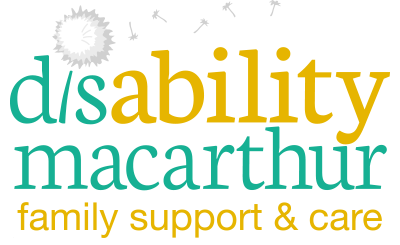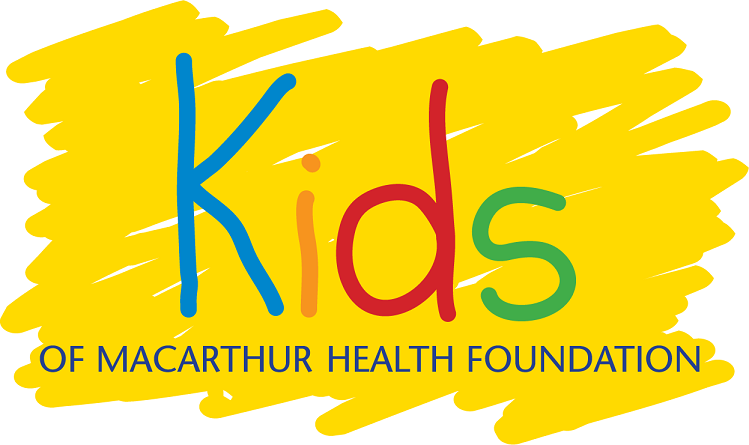
If you’ve just had your first baby and it all seems a bit tough at times, don’t worry, you’re not alone.
In support of Postnatal Depression Awareness Week (November 16-22), Jean Hailes for Women’s Health wants women and men to know that discussing their experiences following the birth of a baby can help them become confident parents.
Jane Fisher, the Jean Hailes Professor of Women’s Health at Monash University says the birth of a baby (particularly a first baby) is a major life change that can be accompanied by mixed feelings, with many parents feeling under-equipped to care for, and manage a household with, a new baby.
“The time following the birth of a baby is an important time of adjustment for families,” says Professor Fisher. “Parents have as much to learn as their new babies do so having access to evidence-based information and opportunities to learn caregiving skills are helpful. Programs such as our What Were We Thinking program teach new mothers and fathers the practical skills they need for managing crying and settling babies, as well as ways to work out who does what in their household.”
Professor Fisher says that it is also important for parents of new babies to talk about their experiences and hear about the experiences of other parents who are at the same life stage.
“In recognition, we have established the What Were We Thinking Blog that lets new and expectant parents around Australia describe their experiences and hear how others are managing,” says Professor Fisher. “What sets this blog apart is that all posts are moderated by, and commented on, by health professionals and other experts in the field.”
The blog follows the experiences of over a dozen mums and dads, who share the highs and the lows of their journeys with honesty and a touch of humour. Bloggers discuss expectations before and after their baby is born, changing relationships, dealing with ‘the fog’ and feelings of doubt in the early weeks, reaching milestones, going on holidays, learning how to settle, respond to sickness and share the load, finding ways to have time out, as well as juggling work and home.
Blogger mum Alex found that breastfeeding was the hardest thing she’d ever done in her life. “I don’t mean to show off, but I have a number of wonderful talents; I can solve problems and build flat pack furniture. I can calculate reasonably hard sums and can speak a second language. But breastfeeding is hard,” she blogs.
According to Professor Fisher when you have a baby many people offer advice about how things should be done. “It is helpful to be encouraging, kind and supportive, but this is not always what happens,” she says. “Learn how to speak up for yourself and your baby in a way that is assertive. Sometimes you need to ask people directly either to assist with the work or not to persist with suggestions that are unhelpful.
“It is normal to feel worried, irritable and tearful some of the time, but if these are the main feelings a new parent experiences most of the time and there are no moments of joy, then it is worth consulting a health professional,” she advises.
In Australia, between 10 and 13 percent of women will experience depression and/or anxiety during pregnancy or in the year after giving birth. This depends on a number of factors including how well understood and supported you are by your partner and family; whether you have experienced a mental health problem in the past; how easy or difficult you find it to adapt to change; whether you are experiencing other difficult circumstances at the same time as having a baby; and how easy or difficult it was to conceive, be pregnant with, give birth to, and feed your baby.
While rates are much lower among men, many men can feel worried, in particular about the responsibilities for their family’s financial security. Some men deal with worries by using alcohol and up to one in four can drink too much.
“It is really important for babies to experience care, like being bathed, changed and soothed, from their fathers. As confidence in caregiving increases, pleasure in fatherhood usually grows,” explains Professor Fisher.
Experiencing anxiety or depression around the time of pregnancy and after having a baby is relatively common, and with appropriate help, women recover,” Professor Fisher says. “The good news is that having supportive relationships around you can protect your mental health.”
Strategies for new parents:
Know that everyone finds it challenging to learn how to care well for a baby and manage a home with a baby – you are not alone
Ask a maternal and child health nurse for practical advice, such as how to establish a feed-play-sleep routine of care for your baby
Talk to your partner about how to share the increased workload at home – avoid criticising each other
Share baby tasks – babies benefits from receiving care, e.g. bathing, nappy changing and settling from both parents
Accept practical help from friends and family if they offer
Identify what you miss from how life used to be and work out how you can begin to replace that activity or interest, maybe in a changed way
Strategies to support a new parent
For partners:
Be actively involved in caring for your baby
Share increased household work in ways that feel fair
Listen to each other’s needs – be kind and encouraging
Avoid criticism – it undermines confidence
Help manage visitors keen to see you and meet your baby so you don’t become overtired
Support each other in having some time away from day-to-day responsibilities
For family and friends:
Be upfront in offering help – most new parents find it difficult to ask for help with practical tasks
Offer practical support e.g. pick up an older child from childcare, buy groceries, prepare a meal, hang out washing
Invite them to tell you how they are finding things and help to work out solutions to difficulties
Help them find ways to make new friends at the same life stage
Give lots of praise and encouragement
For information on postnatal depression go tohttp://jeanhailes.org.au/health-a-z/mental-emotional-health/postnatal-depression/
Read more from the What Were We Thinking bloggers and experts athttp://wwwt.jeanhailes.org.au/
If you would like to share your experiences of becoming a parent and write for the blog email WWWTblog@jeanhailes.org.au



